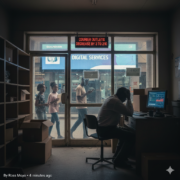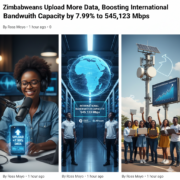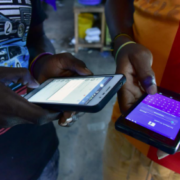Social video app TikTok won a last-minute reprieve to last until November 12 on late Sunday as US federal judge halted enforcement of a politically charged ban ordered by the Trump administration on downloads of the popular video app, hours before it was set to take effect.
District Judge Carl Nichols issued a temporary injunction at the request of TikTok, which the White House has called a national security threat stemming from its Chinese parent firm’s links to the Beijing government.
The Trump administration order had sought to ban new downloads of the app from midnight (0400 GMT Monday) but would allow use of TikTok until November 12, when all usage would be blocked.
The judge denied TikTok’s request to suspend the November 12 ban.
The decision represents a temporary win for TikTok, which has 100 million US users. But the court has yet to consider the merits of the legal arguments on whether the social platform should remain available to Americans.
In arguments to Judge Nichols, TikTok lawyer John Hall said that TikTok is more than an app, since it functions as a “modern day version of a town square.”
“If that prohibition goes into effect at midnight, the consequences immediately are grave,’” Hall said. “It would be no different than the government locking the doors to a public forum, roping off that town square” at a time when a free exchange of ideas is necessary heading into a polarised election.
TikTok lawyers also argued that a ban on the app would affect the ability of tens of thousands of potential viewers and content creators to express themselves every month and would also hurt its ability to hire new talent. In addition, Hall argued that a ban would prevent existing users from automatically receiving security updates, eroding national security.
Justice Department lawyer Daniel Schwei said that Chinese companies are not purely private and are subject to intrusive laws compelling their cooperation with intelligence agencies. The Justice Department has also argued that economic regulations of this nature generally are not subject to First Amendment scrutiny.
“This is the most immediate national security threat,” argued Schwei. “It is a threat today. It is a risk today and therefore it deserves to be addressed today even while other things are ongoing and playing out.”
Schwei also argued that TikTok lawyers failed to prove the company would suffer irreparable business harm.











Comments